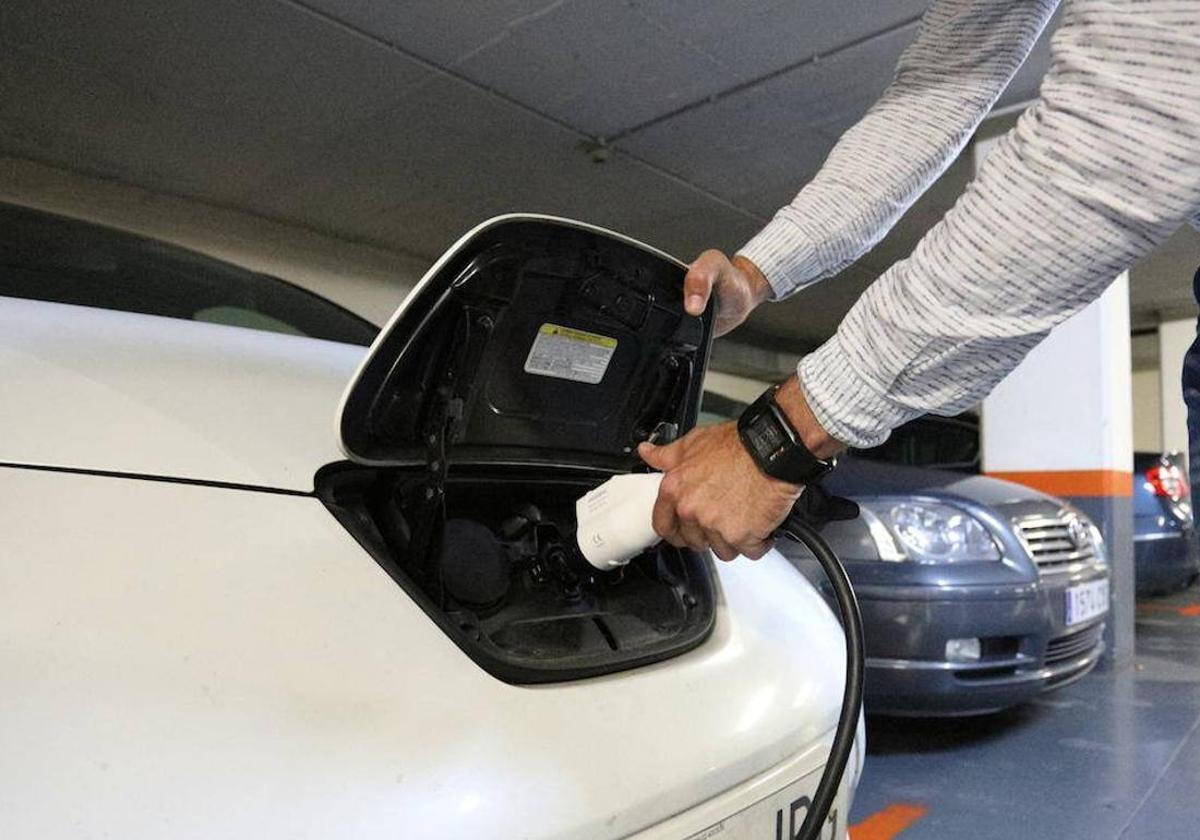The Top 10 myths about electric cars, as listed by a leading consumer group in Spain
Despite being a great option for sustainable mobility, electric vehicles continue to raise many doubts for owners and dealers alike
Daniela Londoño
Madrid
Sunday, 5 May 2024, 23:12
Due to them gaining an ever-stronger foothold in the market, electric cars continue to generate controversy among marketers and consumers. Recent European regulations supporting hybrid and electric modes of transport have in turn encouraged more people to start looking at all-electric cars as a viable, low-emission option. However, for many the doubts remain as to the cost-effectiveness and efficiency of such cars. As a result, a number of myths and misleading 'facts' have appeared. So how do we sift out the truth from everything that is said about electric cars?
To answer this question, the Organisation of Consumers and Users (OCU) in Spain has taken on the task of evaluating what is being said about electric cars with the focus on explaining their real pros and cons. According to the OCU, nowadays we can find all kinds of claims about electric cars: from the fake news being generated to claims that, although true, need to be understood in context. Let's start by clearing up the most common myths against electric.
1. Their batteries degrade quickly and have no guarantee
This is a completely false statement because what happens to these batteries is the same as what happens with any other battery-powered device. That is to say, they degrade over time and successive charges shorten their running time. However, this doesn't happen overnight. In fact, all manufacturers guarantee an average battery life of eight years or 160,000 km.
2. Little choice on the market
This is also false as there are currently more than 100 models of this type of car available in Spain.
3. They catch fire more easily
Nothing could be further from the truth, especially if we consider that, in the case of cars with combustion engines, the risk is 10 times higher. The only thing that is certain is that, should it happen, the fire may take longer to extinguish due to the metallic materials present in electric cars.
4. It is more expensive to maintain than a petrol car
Actually, it is quite the opposite, as these cars work with fewer elements than a combustion engine. In addition, they run at lower temperatures, which reduces the risk of breakdowns and the need for maintenance.
5. High cost that never crosses over into saving money
This all depends on usage and circumstances. For example, a car that you charge at home saves around 9,000 euros per 100,000 kilometres you would spend on fuel. This figure can be even more cost-effective if you take advantage of the Moves eco-car scheme.
On the other hand, if we focus on assessing the advantages set forth by manufacturers and supporters of electric cars, we should examine the nuances of their claims. It is important, therefore, to highlight the following points.
1. Electric cars are a great buy for everyone
This is not a reality for 60% of car-owning households in Spain as this percentage of owners park their cars on the street. As a result, they have nowhere to charge them and, in the absence of public chargers, it may not be the most cost-effective option.
2. The electric car does not pollute
It is important to be clear on this. The car does not pollute when being driven, i.e. it does not generate emissions. The same cannot be said of an electric car during manufacture, nor when it is charged, because the energy and materials used do not always come from clean sources.
3. Longer journeys are more comfortable than in fuel-driven cars
This statement shoots itself in the foot if we consider the number of public chargers available. This condition requires a very well-planned journey to identify charging points. The only certainty is that they run more quietly and with less vibration.
4. It is cheaper to repair in the event of an accident
This will depend on the type of car and the type of accident. What is most certainly true is that, if the batteries are damaged, they will all need replacing and that cost is high.
5. Resale value is higher
This is considered untrue because the resale value drops rapidly for electric cars if battery replacement is imminent. Batteries are the most expensive component of electric cars. This is not the case for petrol cars, which can have a longer life span.
